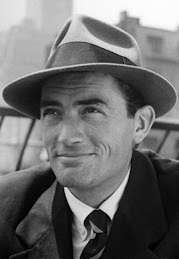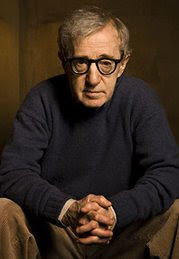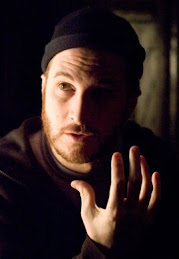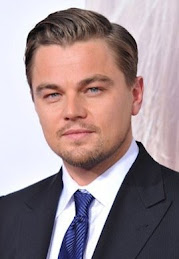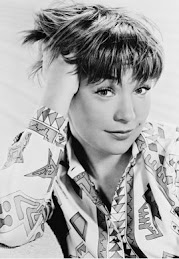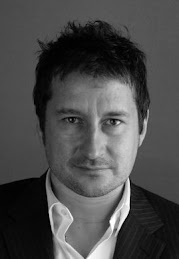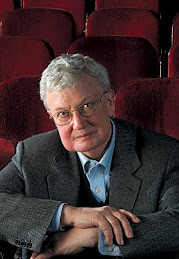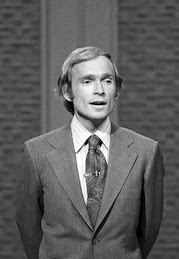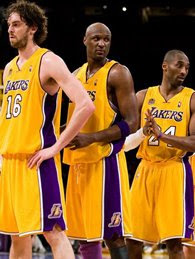I had been eager to see Nine since the release of its trailer. Despite its harsh reviews, I still wanted to see the film. During the week, such an opportunity presented itself as I saw the film before its wide release. In fact, even after I saw the film, I couldn't understand its reviews. I had thoroughly enjoyed the film and found it to be both engaging and entertaining. I couldn't understand the critics and even called the film one of my favorites of the year... until I read Roger Ebert's review, who helped put things into perspective.
I'm not a fan of reading reviews, except when it comes to Roger Ebert, and even then, the decision to see a film is entirely my own. I was, however, in disbelief when I just read his review for Nine. The first two lines speak directly to me, as if he knows what my problem was. The following are excerpts from his review.
My problem may be that I know Fellini's 8½ too well. Your problem may be that you don't know it well enough.
I couldn't believe his words. I was all ears.
The story, recycled by Rob Marshall for Nine, involves aspects of Fellini's own life: his vagueness about screenplays and deadlines, his indifference to budgets, his womanizing, the guilt about sex instilled by his Catholic upbringing, his guilt about cheating on his wife and about bankrupting his producers. It was said that 8½ wasn't so much a confessional as an acting-out of the very problems he was having while making the film, including how to use a gigantic outdoor set he'd constructed for no clear purpose. It's a great film, some say his best. Nine, the musical "adapts" it, true enough, but doesn't feel it.
Nine is just plain adrift in its own lack of necessity. It is filled wall to wall with stars (Marion Cotillard as the wife figure, Penelope Cruz as the mistress, Judi Dench as the worrying assistant, Nicole Kidman as the muse, the sublime Sophia Loren as the mother). But that's what they are, stars, because the movie doesn't make them characters.
I can now better understand those reviews. I presume the problem lies within my own experience with cinema. I've seen 8½ once, and perhaps that was the problem. I didn't give it another viewing, despite its complexities, because I didn't feel like I was ready to go back and rewatch the film. I guess now is the time to do so.
I thought Nine was an engaging film. For once, a film was entertaining. I adored seeing the stars grace the screen, and I even sang along with the musical numbers. The problem, however, is that the film is recycling familiar material, and most importantly better, original material. I just have not been able to see why Fellini's film was so superior. I was not able to comprehend it as well as I should have, and although the film has not faded in my memory of the past year and a half, I feel obligated to go back and rewatch the film and understand why it's a better film and what it really consists of. Then, and only then, will I be able to see that any adaptation or retelling of the story will not live up to the original.
With that said, I felt like Nine didn't necessarily have to be compared to the original film. Roger Ebert states that the film "pays homage to a Broadway musical, and not Fellini at all." For that reason, I disconnected myself from Fellini's film and simply saw it on its own terms. I felt like Nine was an adaptation of a play which was inspired by Fellini's film, and not necessarily connected with any other significance. Perhaps I'm wrong. Perhaps I'll need a few more films and years under my belt. I haven't been watching Fellini films my entire life and haven't truly discovered his work. I think that may be the problem I was originally facing, and why the critics are all siding separate from my opinion.
It all comes down to a lack of experience, and this is how we grow.





